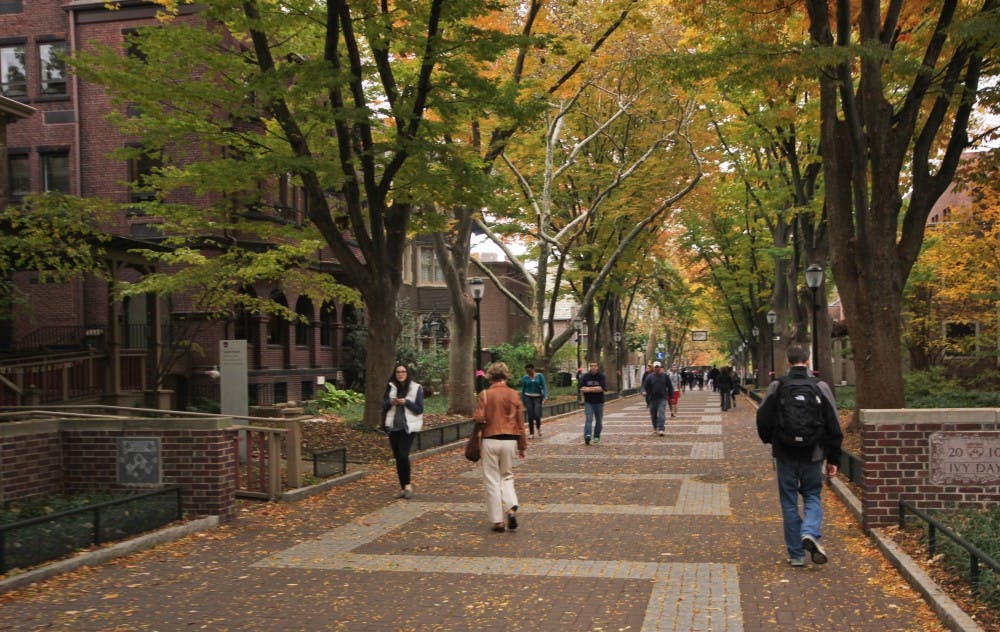
While deciding on a future career can be difficult for any college student, those students who are undocumented have to consider an extra step — whether or not they can even apply for a certain job.
2014 Wharton graduate and former executive director of Penn for Immigrant Rights, Jose Gonzalez was one student that faced this reality. Undocumented students like Gonzalez were generally brought to the U.S. illegally by their parents as children and therefore are not able to get proper legal documentation.
“My biggest concern was just finding a job that I would really like to apply to and having it require American citizenship,” he said.
While Gonzalez said that he did not talk about his legal status during his on-campus recruiting interviews, he said he only applied to jobs where he knew it “wouldn’t be a big deal” to recruiters.
Additionally, Gonzalez has an Employment Authorization Document, which allows him to work legally in the U.S. He was able to go through OCR and received an offer from a financial firm.
The Employment Authorization Document came from President Obama’s 2012 executive order known as Deferred Action for Childhood Arrivals . Under this order, certain immigrants — they must be under 31 years of age and have entered the U.S. before the age of 16 — can apply for temporary resident status, which also protects them from deportation.
Before this executive order, undocumented immigrants living in the country — those both with and without college degrees — were limited to manual labor jobs and occasional jobs in food service, Sundrop Carter, the organizing director of the Pennsylvania Immigration and Citizenship Coalition said.
“DACA really revolutionized that, because it suddenly opened the door to all these professions,” she said.
This meant students like Gonzalez could start pursuing jobs at organizations like Teach for America, which welcomed 45 applicants living in the country without legal permission in 2014. Gonzalez, and fellow 2014 Wharton graduate Tania Chairez, an activist on immigration rights, were part of this group.
Even with a temporary resident status, students still face an uphill battle to achieve their professional dreams.
“There’s a huge amount of uncertainty,” Carter said. “It’s not a guarantee of continued ability to have a work permit.” Every two years, permit holders must reapply. A new presidential administration could choose not to continue the program, she added.
People with temporary resident status still cannot apply for federal government jobs or any jobs at private sector companies that work with the U.S. government, Gonzalez explained.
Most other jobs are open to them. “[Students] do not have to reveal their status in the interview process, and they should receive full consideration from employers,” Career Services Director Patricia Rose said in an email statement in response to questions.
Even with DACA, students who want to go on to get higher degrees encounter obstacles. PIR director and College senior Cristian Montoya knew of only one medical school that openly accepts students with temporary resident status — Loyola University’s Stritch School of Medicine. If a student graduated, it is uncertain whether he or she would be allowed to practice medicine in U.S.
Gonzalez added that at one point he was considering law school, but did not apply because even though he had temporary resident status, he would not be able to practice law anywhere except California.
“You can attend the schools, the question is whether [you] can practice and put those degrees to use,” he said.
The Daily Pennsylvanian is an independent, student-run newspaper. Please consider making a donation to support the coverage that shapes the University. Your generosity ensures a future of strong journalism at Penn.
DonatePlease note All comments are eligible for publication in The Daily Pennsylvanian.







